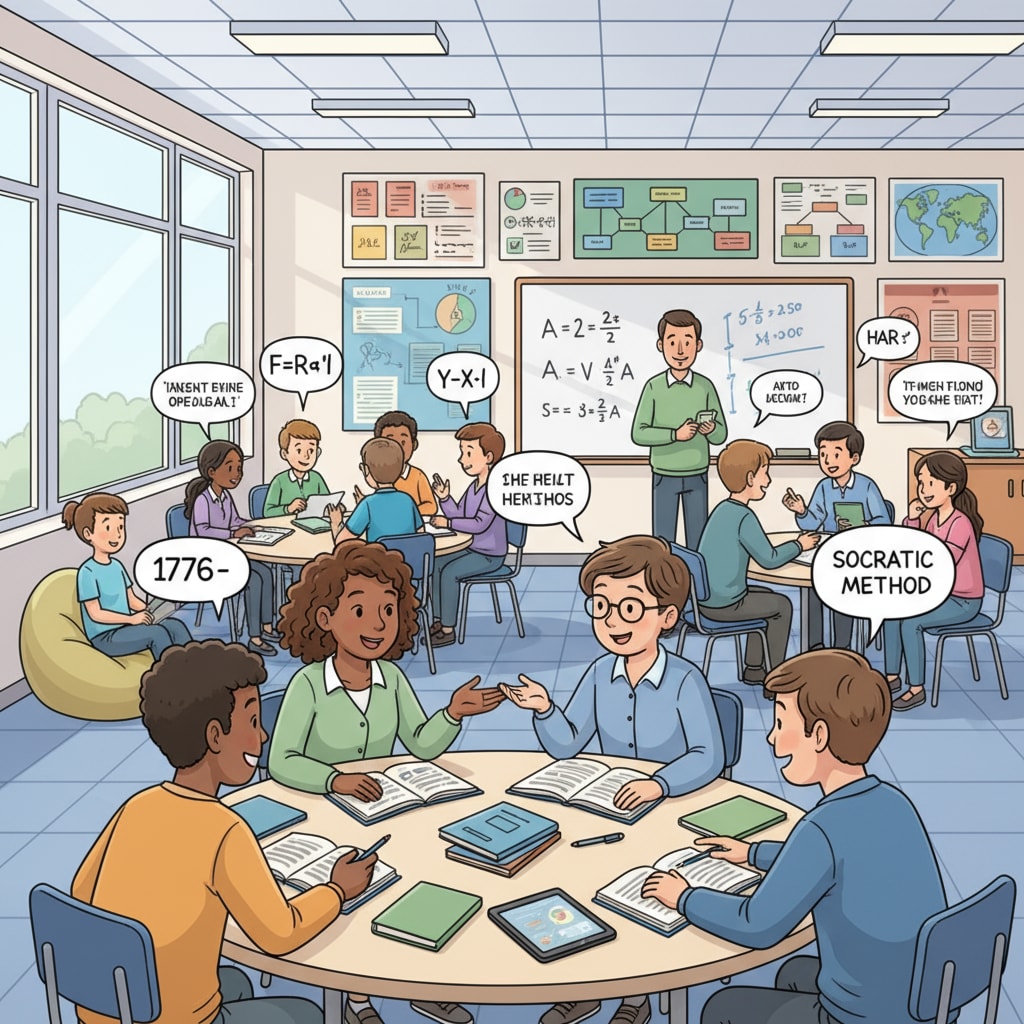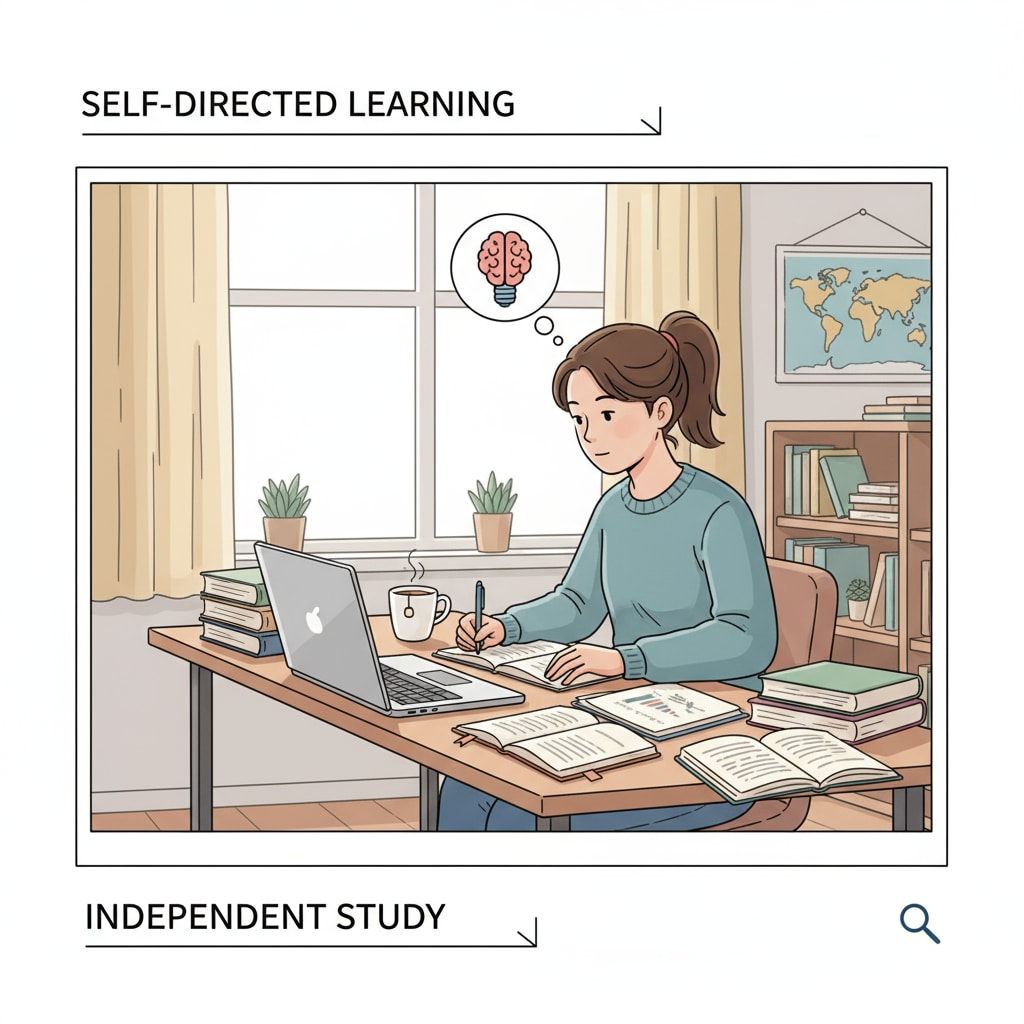Academic rigor, external exams, and college applications are crucial aspects for students aiming to succeed in higher education. In a K12 educational setting where academic requirements may not be overly strict, students face unique challenges and opportunities when it comes to preparing for college. This article delves into how students can navigate this environment to build a strong college application profile and achieve real academic growth.
The Significance of Academic Rigor
Academic rigor is not just about getting good grades; it’s about developing critical thinking, problem-solving, and deep subject knowledge. A rigorous academic environment challenges students to go beyond surface-level understanding. According to Britannica, education that promotes academic rigor better prepares students for the demands of college and future careers. For instance, in a math class with high academic rigor, students don’t just memorize formulas but understand the underlying principles and can apply them to complex problems.

Self-Directed Learning as a Key Strategy
In an environment lacking academic strictness, self-directed learning becomes a powerful tool. Students can take the initiative to explore subjects beyond the curriculum. They can read academic journals, watch educational videos, or participate in online courses. For example, if a student is interested in biology, they can follow TED Talks by renowned biologists or enroll in free online courses on platforms like Coursera. This self-driven learning not only broadens their knowledge but also demonstrates their passion and motivation to college admissions officers, which is highly valued in the college application process.

Moreover, self-directed learning helps students develop time management and self-discipline skills. These skills are essential for thriving in a college environment where students are often expected to manage their own study schedules. By taking control of their learning, students are better positioned to handle the academic challenges that come with college applications and future academic pursuits.
The Role of External Exams
External exams are an excellent way to demonstrate academic prowess. Standardized tests like the SAT, ACT, or subject-specific AP exams can provide an objective measure of a student’s knowledge and skills. Colleges often look at these scores to assess a student’s readiness for college-level work. As stated on Wikipedia’s page on standardized tests, these exams can set students apart in a competitive college application pool. Preparing for external exams requires dedication and focused study, which in itself is a form of building academic rigor.
Students can also consider taking international exams such as the IELTS or TOEFL if they plan to study abroad or if they want to showcase their language proficiency. These additional qualifications can enhance their college application and show their ability to adapt to different academic environments.
Strategic Course Selection
Even in a less academically rigorous school, students can make strategic course choices. Opting for honors or advanced placement courses, if available, can significantly boost their college application. These courses offer a more challenging curriculum and can earn students college credit. Additionally, students can explore elective courses that align with their interests and future career goals. For example, a student interested in computer science can take coding or robotics electives, which not only adds depth to their academic profile but also shows their commitment to their chosen field.
Readability guidance: Throughout this article, we’ve used short paragraphs and lists to summarize key points. Each section has provided practical strategies for students. By focusing on self-directed learning, external exams, and strategic course selection, students can overcome the limitations of a less academically rigorous K12 environment and build a strong foundation for college applications. Remember, academic rigor is not just about meeting requirements but about preparing for a successful future.


